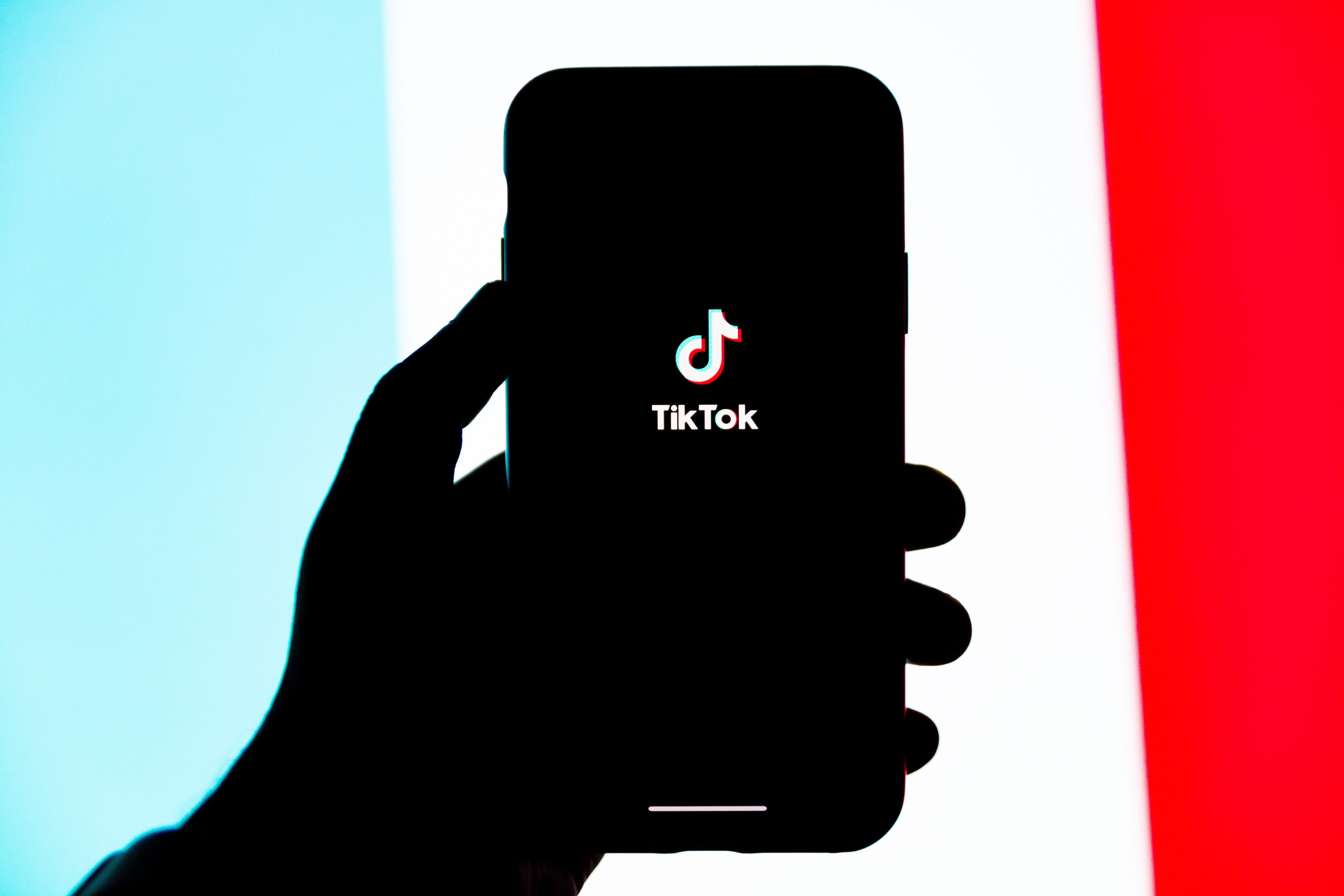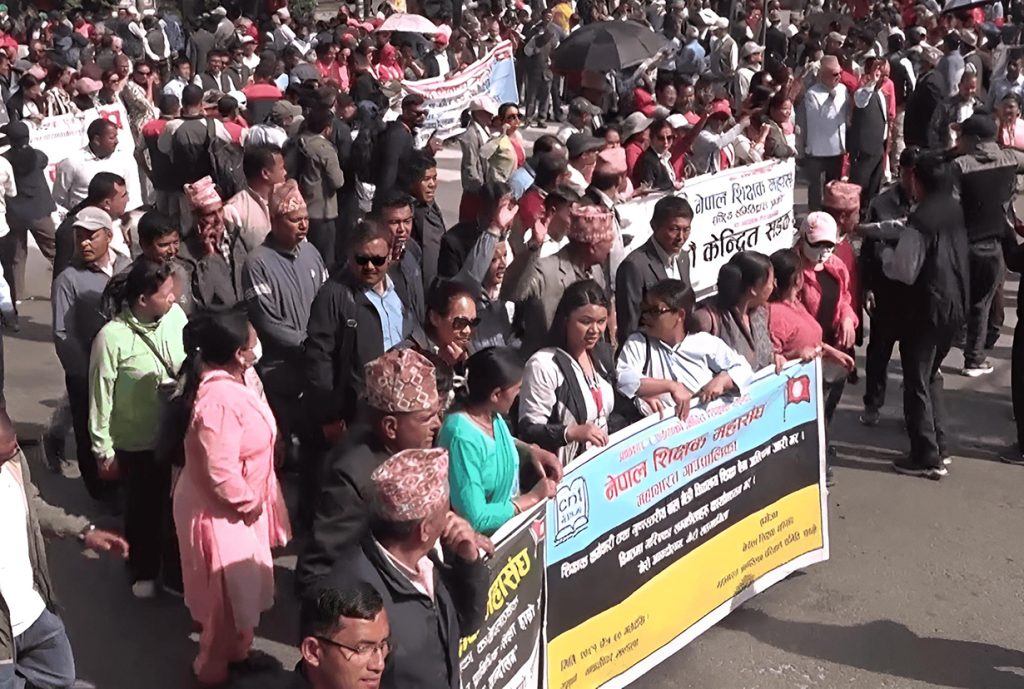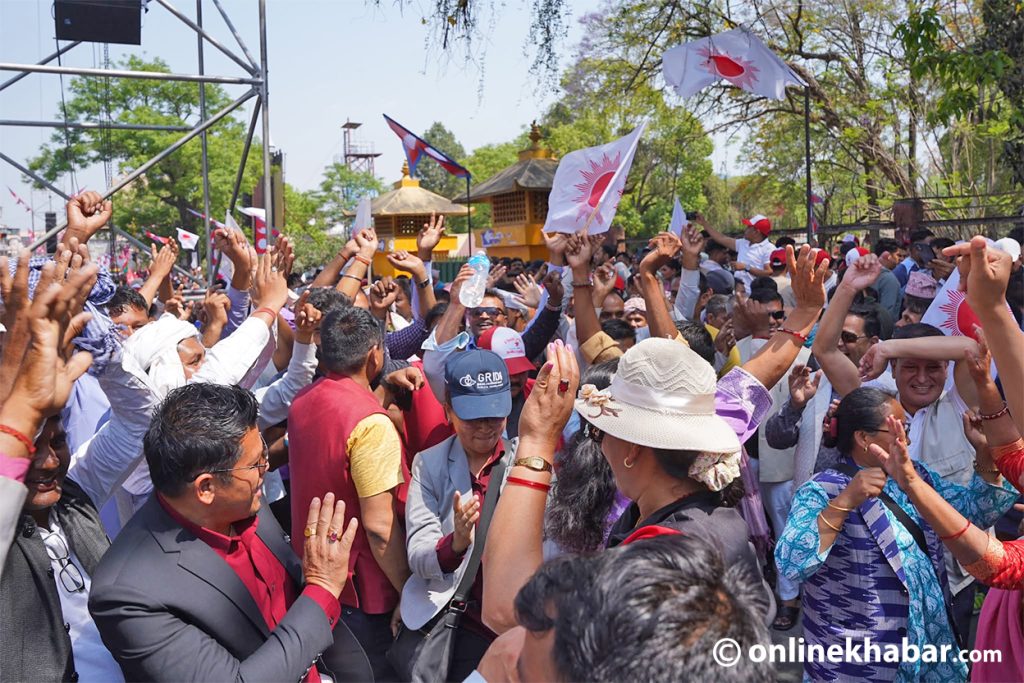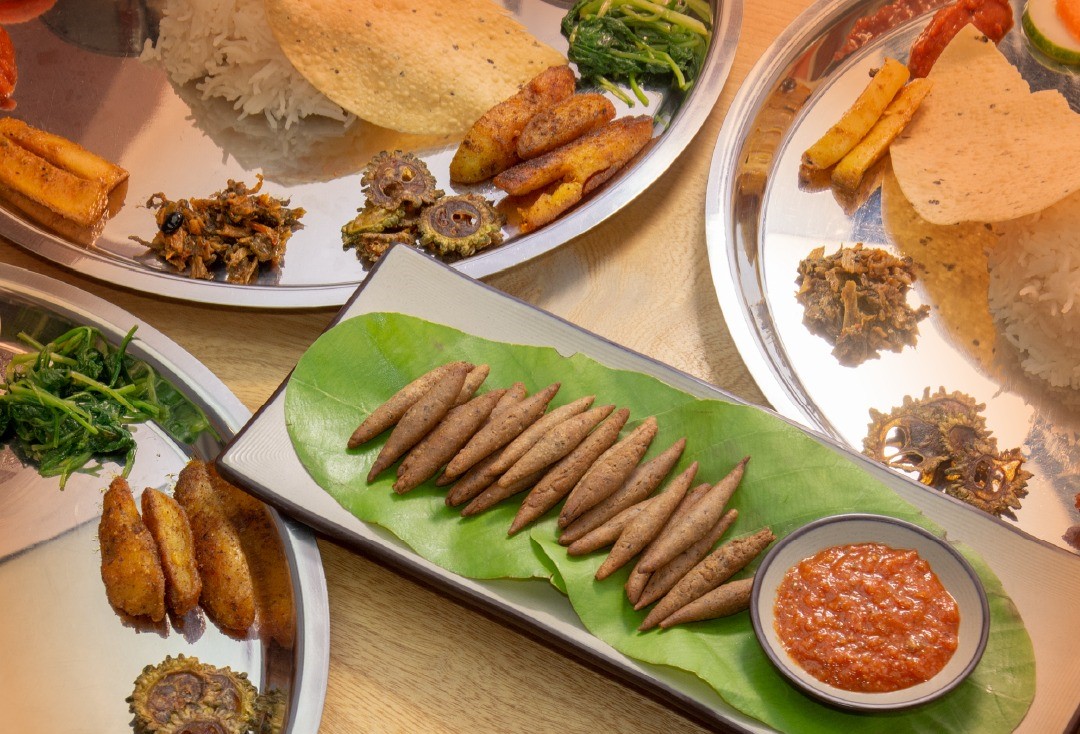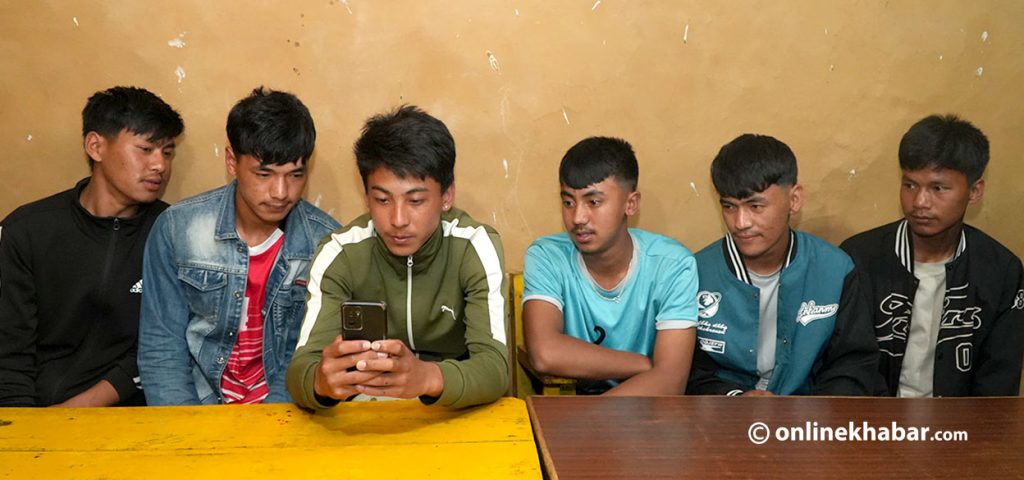Today, everyone has got a mobile phone in their hands. Almost everyone’s phone also has a TikTok application. Not just the younger generation, poets, artists, doctors and pilots are too addicted to it. In other words, it is the era of Tiktok.
Out of TikTok, many have gained name, fame and money. Others have made it a means of getting information, while someone else has made it a means of entertainment. But, some have misused Tiktok. And, there are many TikTok doctors in this crowd too.
Whether it is for the love of followers or out of civic duty, more doctors have been appearing on TikTok, though intermittently. While some TokTok doctors are dancing, many others are giving health consultations. Since health is something people are concerned about, TikTok doctors and their free suggestions are getting popular.
But, how useful are the health tips given by these TikTok doctors? Is it possible to follow any health tips just by looking on TikTok? How reliable, trustworthy and practical are they?

Famous TikTok doctors
Active on TikTok, Dr Kalyan Subedi posted a one-minute video on the treatment of warts on August 3. In that, he has talked about the causes behind warts and their solutions. About 8,000 people watched the video in just five hours.
Subedi is equally active on Facebook. He has more than 800,000 followers on Facebook and 550,000 followers on TikTok. He posts various videos on public health from time to time.
… Why does the left side of the chest hurt? What causes heartburn? Is coughing a sign of a heart problem? How to keep the heart healthy? Cardiologist Dr Anil Bhattarai makes small video clips about such problems and posts them.
Bhattarai is followed by 15,000 people on TikTok and more than 192,000 people have liked him.
Dr Rupak Ghimire is sexual health, dermatology and hair transplant specialist. He has made videos on TikTok about skin and hair-related diseases seen in common people. He has more than 6,000 followers on Facebook and 91,000 followers on TikTok. Some of his videos have been watched by over 1 million people.
Gynaecology and obstetrics specialist Dr Swati Kumari Pandey is also active on social media. She has 9,000 likes and followers on Facebook and 1.2 million on TikTok. She regularly addresses women’s issues and makes small video clips and posts them. Some time ago, Pandey made a clip on how to sleep during pregnancy, what happens when you sleep in certain positions? It has about 90,000 likes and 1.3 million views.
Simple to serious issues
Cardiologist Dr Om Murti Anil has more than 1 million followers on his Facebook. He occasionally posts various videos not only related to the heart but also related to a healthy lifestyle, diet and public health. On July 31, Dr Anil posted a video, which received 17,000 likes, 211,000 views and 18,000 shares.
Giving an example of a woman who came to him for consultation a while ago, he explained she complained of heart palpitations and chest pain. Her heart and blood tests were all normal, but it was later revealed that she had insomnia, irritation, increased anger, some family problems, anxiety and panic attacks.
Then, he says Nepali people treat the disease only after it has taken hold. But, he suggests, it is more important that people not get sick in the first place. But modern medicine is far behind in this regard, he says.

With many TikTok doctors or medical professionals sharing solutions to various health-related problems on various social media platforms, common people too are waiting for the videos, learning the treatment methods from TikTok doctors and following their suggestions.
But, health is a very sensitive subject. How appropriate would it be for the general public to follow the information received by the TikTok doctors?
What about credibility?
Even if the messages given by doctors on social media are positive, they must understand the source of information and the credibility of the person giving the information, says the general secretary of Nepal Medical Association, Dr Badri Rijal.
“A doctor can give information on the prevention of a disease and problem on social media, but the TikTok doctors cannot prescribe you the medicine or the dosage,” he says, adding, “Depending on the nature of the problem, and people’s age, weight and symptoms, all patients are different. So the most you can do is follow preventive measures.”
On the one hand, it might seem the experts are giving free information on social media, but Rijal says people have understood that the TikTok doctors might be spreading confusion among the public too.
He says among the TikTok doctors, people who spread confusion should be identified and the users should stay away from them. The general public needs to be aware of how reliable and responsible the person who gives information for public health is to society.
Some people believe in these medical professionals, specifically TikTok doctors, consume the medicine they recommend. Some have even visited the hospital after getting the side effects of the medicines. Rijal says though the information given by the experts is truthful, it is up to the people to distinguish which message is right and which is wrong.
“Not all messages on social media are positive or right,” Dr Rijal says, “You should not take a sensitive subject like health lightly and take any medicine without seeing a doctor. Please only consume medicines that are prescribed to you.”
This story was translated from the original Nepali version and edited for clarity and length.





